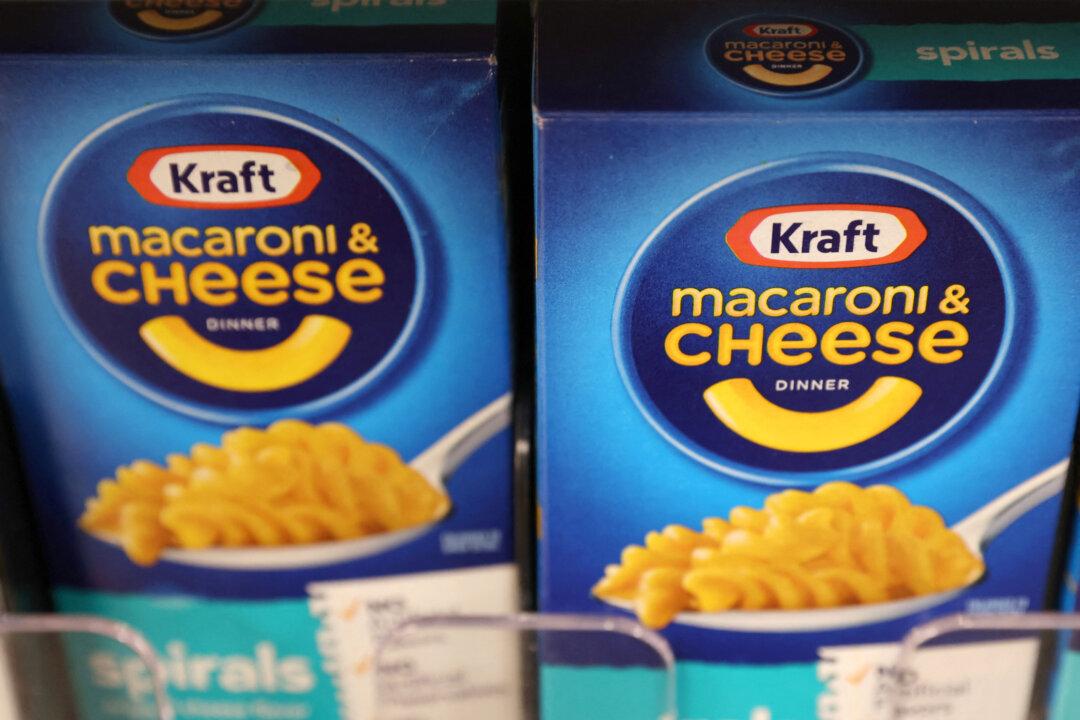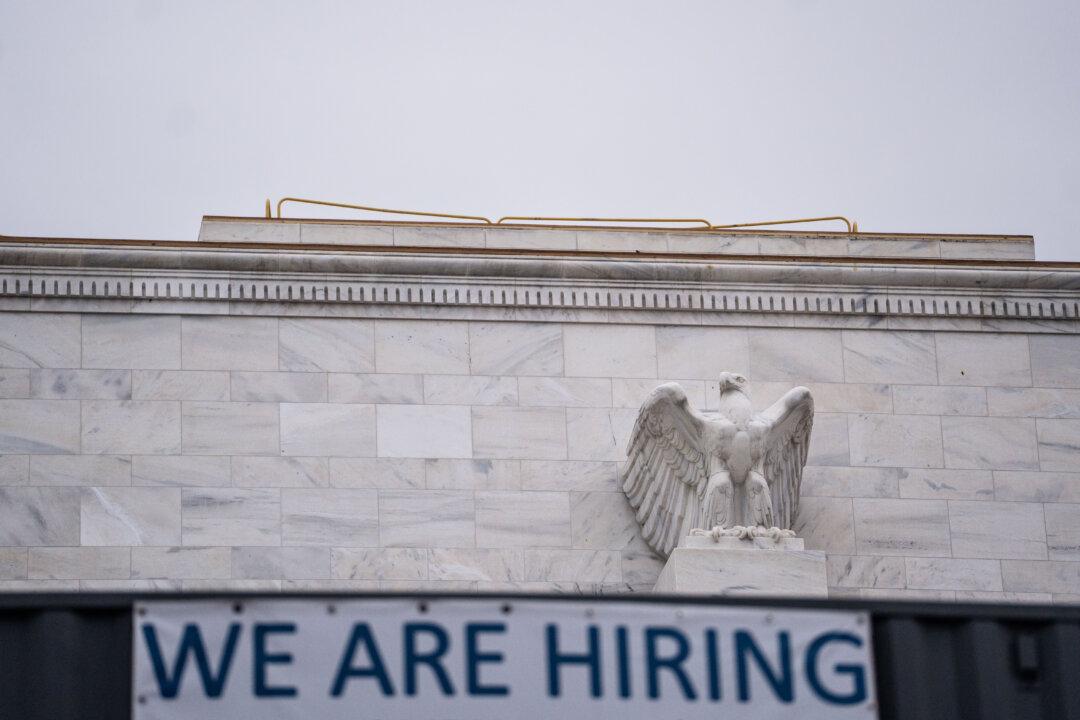President Joe Biden has vetoed a Republican-led bill to overturn his student loan relief plan that proposed having taxpayers foot the bill for thousands of dollars in debt relief for millions of student borrowers.
“Since Day One, my administration has been fighting to make college cheaper and the student loan system more manageable for borrowers,” Biden said in a video message posted to Twitter. “I remain committed to continuing to make college affordable and providing this critical relief to borrowers as they work to recover from a once-in-a-century pandemic.”





